What is the safest place in the world for Black families? Some find 'American dream' abroad
The safest place in the world may be more easily measured for some than others. Iceland, for instance, ranks as the safest, most peaceful country on the 2022 Global Peace Index. But the majority-white country still struggles with the issue of racism, as do many of the other high-ranking “peaceful” and “happy” countries.
A 2020 Gallup poll found that 40% of Black Americans do not feel safe in their community at night, compared to 16% of white Americans. And a 2022 Pew Research poll found 32% of Black Americans worry regularly about being attacked or threatened because of their race.
In other words, "safety" is relative.
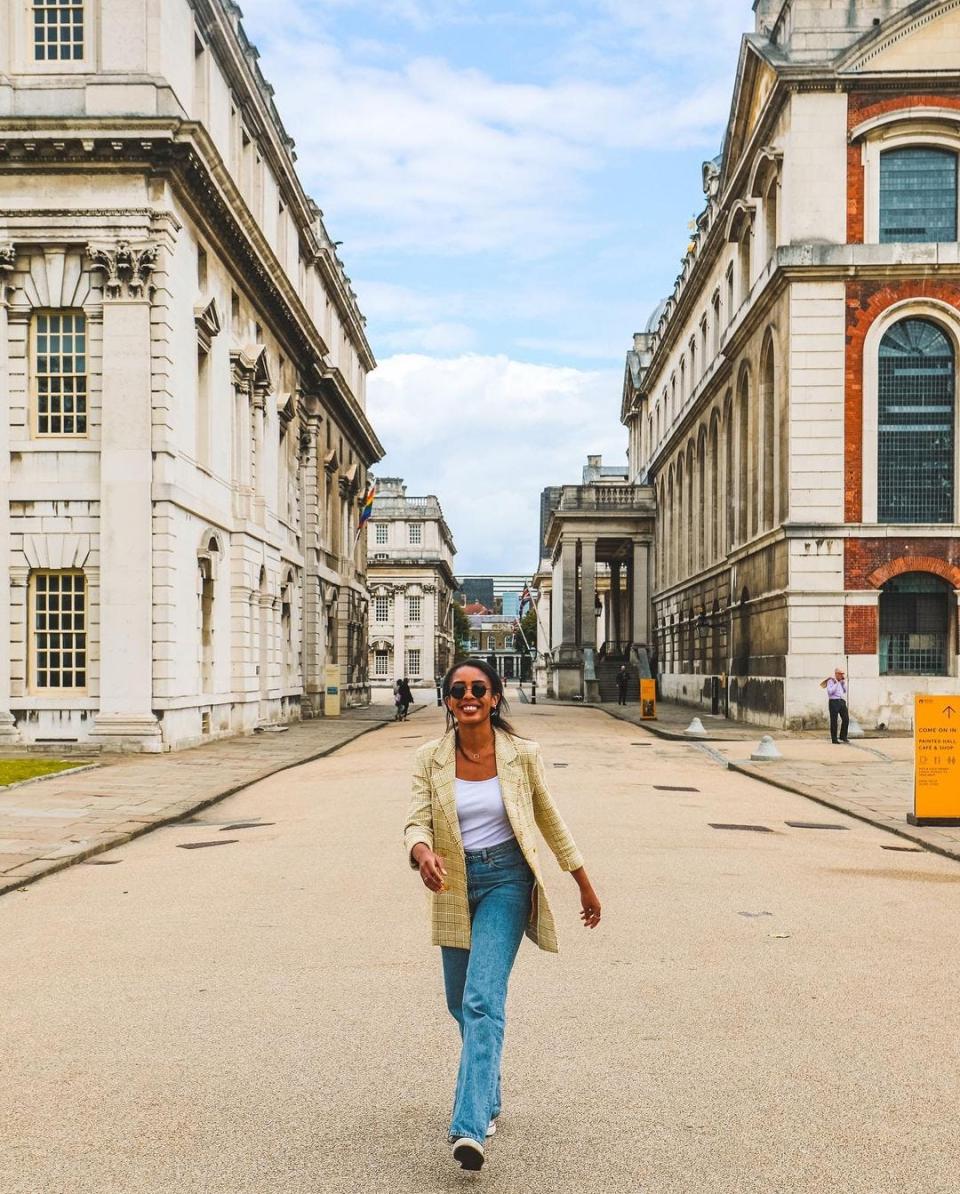
What is the safest place in the world for Black Americans?
For some Black Americans, the search for the safest place begins outside of the U.S. Cara West, a travel blogger, left the U.S. with her husband and young daughter in the summer of 2022 in search of a different lifestyle.
Before moving, the family lived in Austin, Texas, a city with skyrocketing rent prices and an ever-rising cost of living. West and her husband were working opposite schedules to avoid paying for childcare. Then she learned that colleagues at her former company, based in Germany, were getting much larger maternity leave packages living abroad than she was in the U.S.
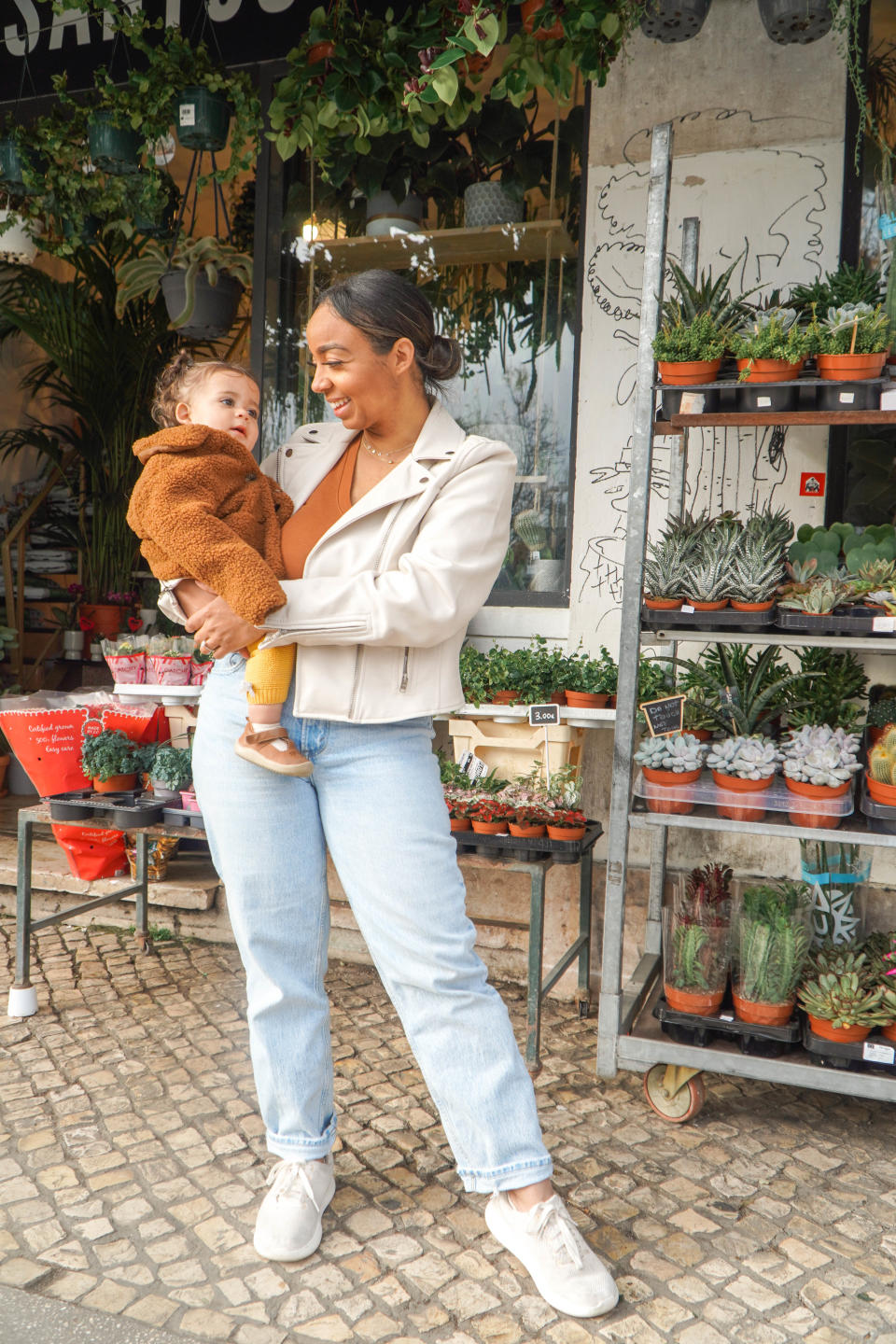
“I looked at him three months postpartum and I was just like, it shouldn’t be this hard,” West says. “We can have the ‘American dream’ outside of America.”
There are lots of reasons why some Black families, especially Black women, are looking to live elsewhere. It’s not just healthcare – West says it was the shooting in Uvalde that was her last straw. There have already been 377 mass shootings in 2023, the Gun Violence Archive reported in July 2023. In Portugal, where West and her family live now, there were only 97 cases of voluntary manslaughter in 2022.
“So many Black women are ready to get out of the United States,” West says.
Candace Salters moved to the United Kingdom for college in 2016. She says as a Black person, living outside the U.S. relieves certain daily anxieties, especially around gun violence. There are about 120 guns for every 100 people in America, but only about five guns per 100 people in the U.K.
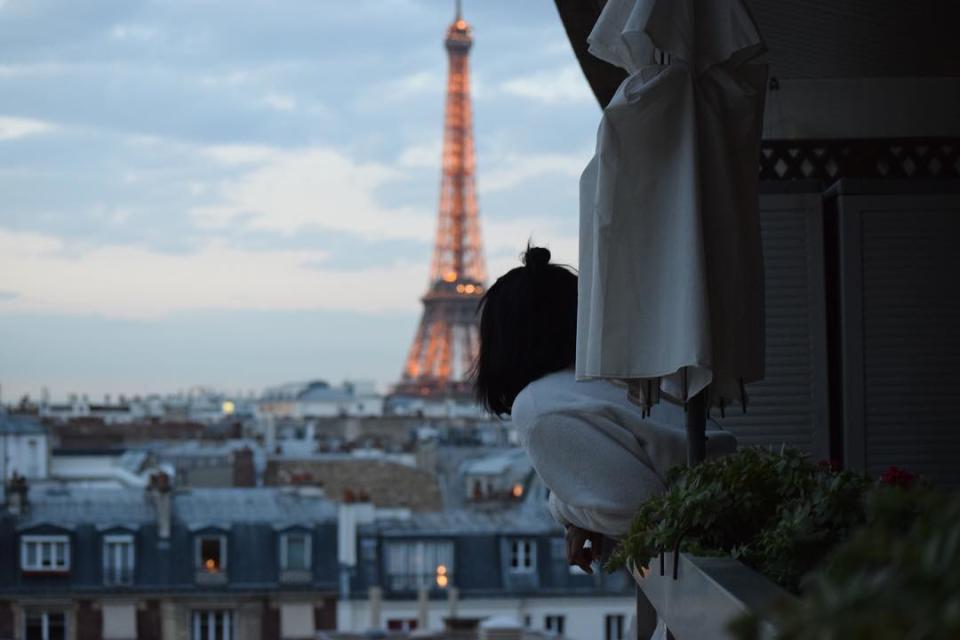
“A lot of times, the U.S. is more dangerous than a lot of the places you’re looking to live,” Salters says.
But racism extends far beyond U.S. borders. Finland may rank as the happiest country in the world, but a 2018 study found 63% of people of African descent experienced racially motivated harassment compared to around 30% in other European Union countries.
The search for community abroad
One way Black Americans are finding safety abroad is through community groups found on social media sites like Facebook and TikTok with searches like “Black expat in…”. On her TikTok account, West shares personal experiences living abroad, comparing different countries. She also uses the Xpat App, a platform designed for Black people working and living abroad.
Green Book Global, a Black travel review and bookings site has emerged as another resource. Created by Lawrence Phillips after word-of-mouth recommendations transformed his travel experiences, it was named after “The Green Book,” a Jim Crow-era publication that shared safe places for Black travelers during segregation.
Phillips recalled running into a fellow Black traveler outside his hostel in Paris who suggested he check out Belgium.
“I gave her a look and was like ‘So is it cool for us?’ And she was like ‘Oh yeah, you’ll be fine,’ and when she said that, I literally hopped on the bus the next day and went to Brussels,” Phillips says. “I just needed that confirmation from someone that looked like me to say hey, this is OK.”
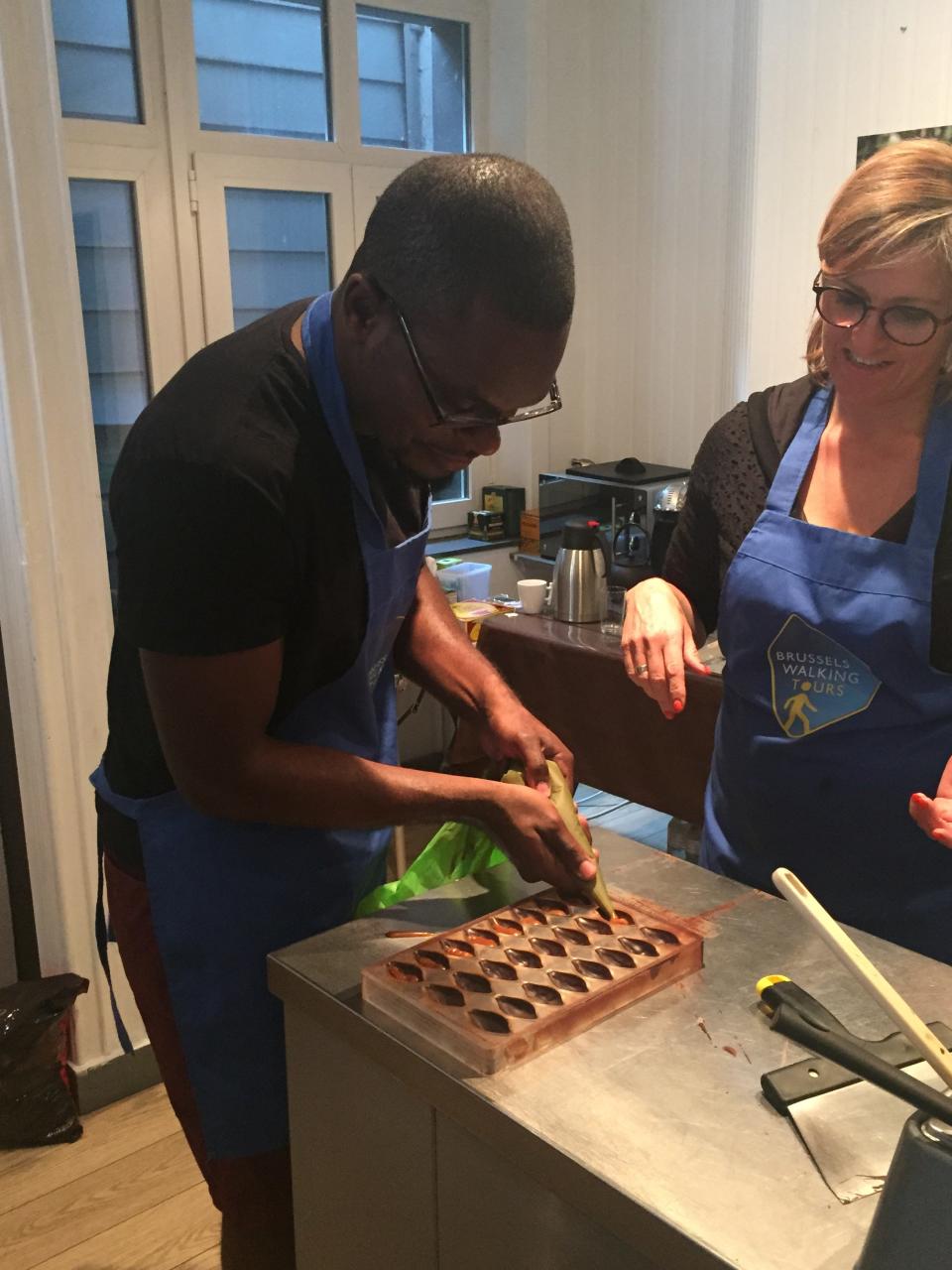
Salters also drew on personal experiences to compile a list of the nine best cities for Black women to live in, which includes locations in Thailand, Norway, South Korea and Panama. The roundup was inspired by her time in Thailand when she attended a Juneteenth party and was surprised to see the number of Black Americans “finding a community” there.
Personal experiences are not a one-size-fits-all, Salters adds. Both preference and circumstance can drastically change your perception of a place. For example, Salters had seen reports of Black Americans traveling to Asian countries and having a bad experience or being racially harassed.
Still, she says it’s a balancing act of taking in a “percentage” of experiences and making your own decision.
“There are definitely places throughout the world that you probably wouldn’t be safe as a Black person,” Salters says. “It was really important for me to get the experiences out of Black women’s mouths themselves and not just like ‘according to data, this is a safe place to live.’”
'I just want to see more of us': The importance of seeing people like you while traveling
‘Black first and American second’
Using community resources to move abroad helped West narrow down her search, she says. West found a lot of Black expats in Latin America.
“There’s all this interconnectedness of being a person of color, even though we may not speak the same language or have all the same traditions, we know what it feels like to be on the side of being oppressed or marginalized,” she says.
European countries also have a large presence of Black expats. For Salters, taking into account diversity and racial tension in a country was important to feel safe. While the U.K. is no stranger to structural racism, Salters says being part of an international hub in the U.K. feels different than in America.
“In the States, it almost feels like you’re Black first and American second,” Salters says. “Living abroad, it’s like you’re American first … and that just gives a privilege like I’ve never experienced before in the States.”
West feels similarly about Portugal, where she says living among people of diverse ethnicities and nationalities makes her feel more safe and more comfortable. She and her husband also noticed a difference in the way families are treated in Portugal – she regularly gets priority seating or gets to skip long lines while traveling with a baby.
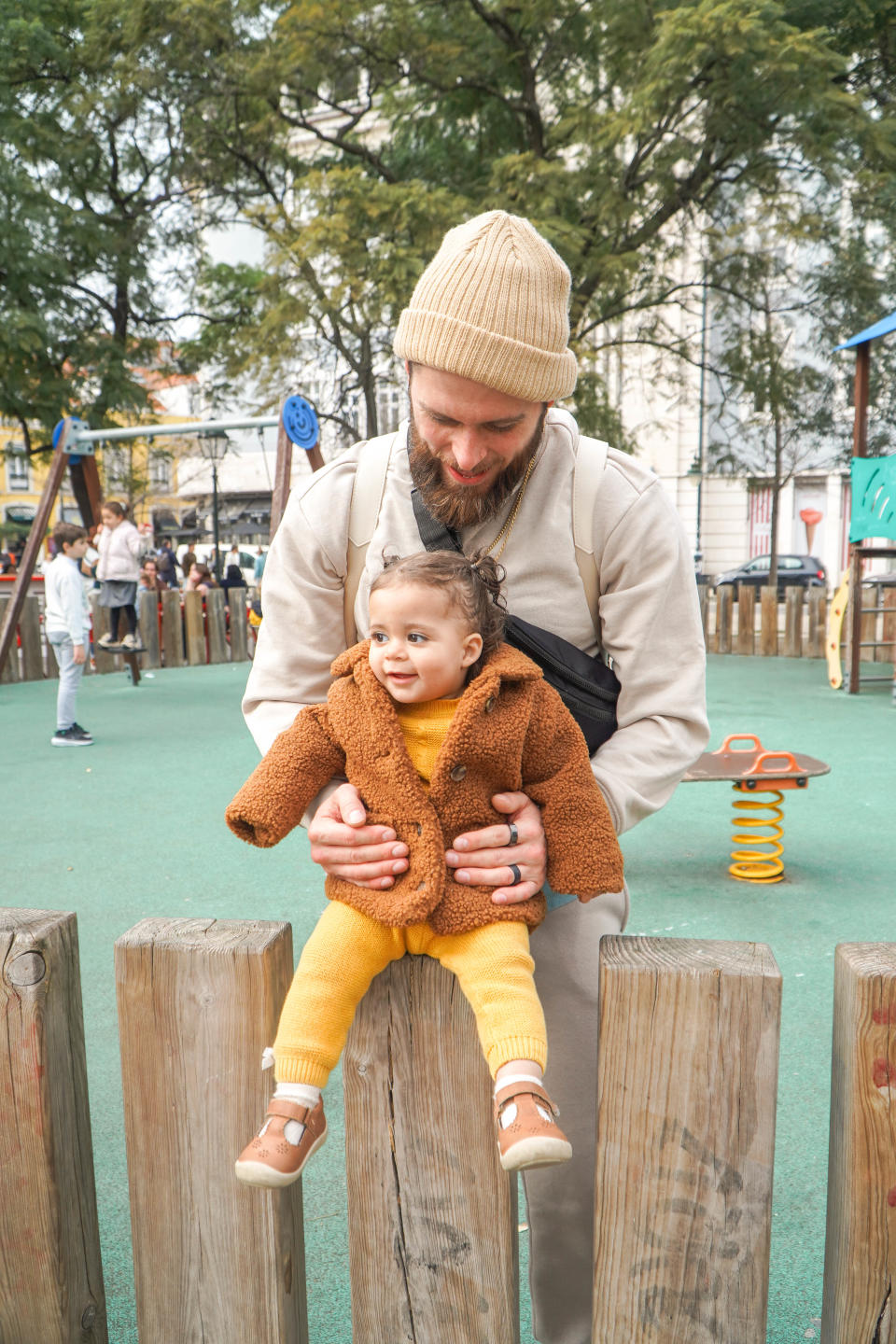
“I do think that if you treat the most vulnerable with respect and care, it says a lot about the safety in that country,” West says.
What is the safest place in the U.S. for Black Americans?
Is there a way to determine the safest place for Black people? You could compare the “livability” outcomes for Black women, which show Washington D.C., Boston, Baltimore and Raleigh scoring highest and Cleveland, Pittsburgh and Augusta, Georgia at the bottom.
You could take into account the Census Bureau’s diversity metrics by state. How about the biggest and smallest wealth gaps by race and ethnicity in different U.S. states? Or the top cities for being “Black and rich” according to an analysis of household income?
Abroad, you could look at whether a country’s general population views diversity positively. Only eight countries have a majority “favor” consensus, while, notably, 62% of Greece views the increase in diversity as negative. Or how about which countries rank the best in terms of racial equality? The top five include the Netherlands, Sweden, Norway, Canada and Finland.
The internet is full of these “best” and “worst” place lists.
For Green Book Global, Phillips uses a combination of personal experience reviews and starred ratings left by users to make his listicles. One such list detailing the worst cities to travel to while Black includes Erie, Pennsylvania; Syracuse, NY; and Milwaukee, Wisconsin. A “best” list names Atlanta; Frederick, Maryland; Montclair, New Jersey; and Beaufort, South Carolina, among others.
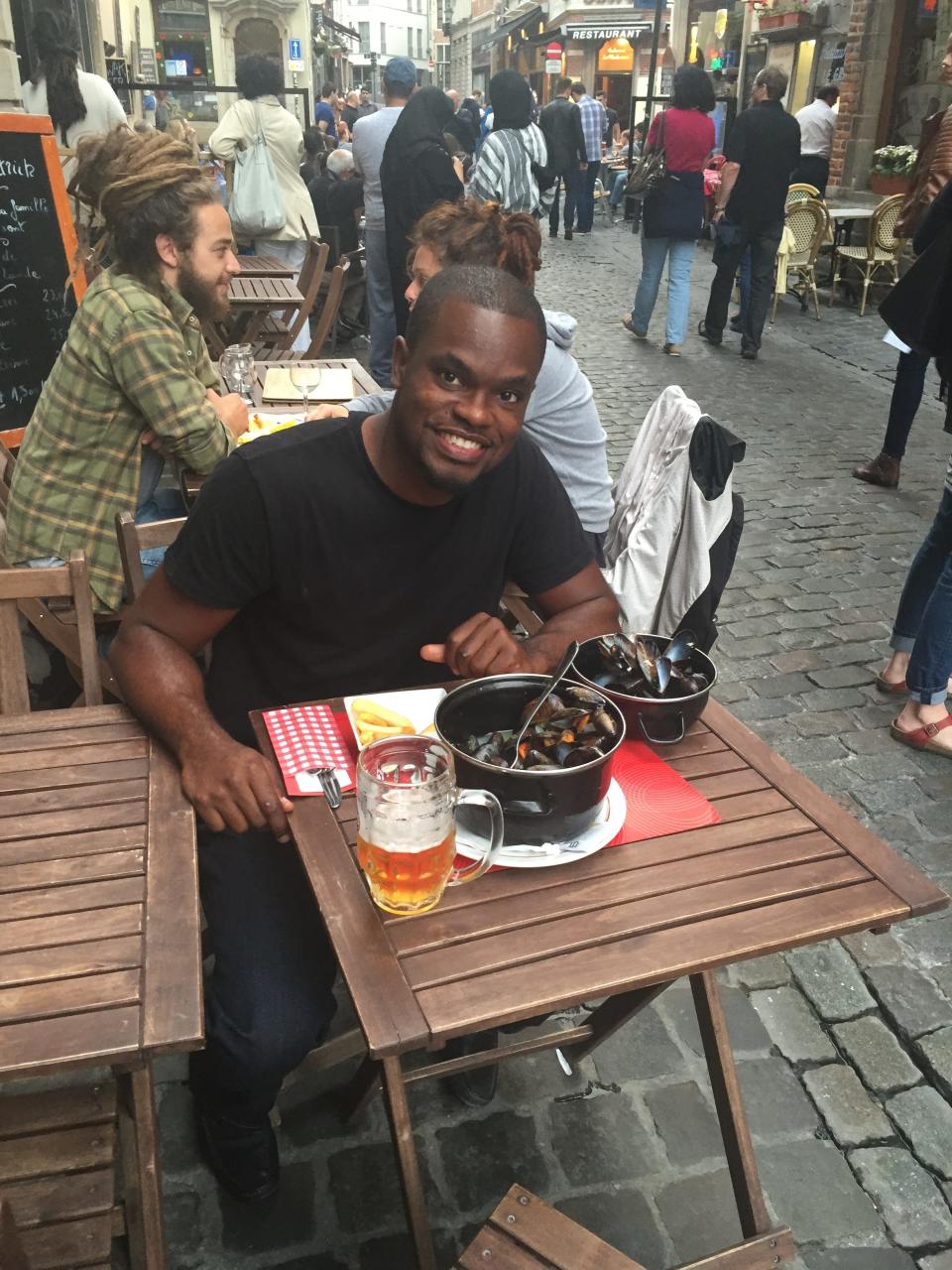
But his goal is not necessarily to tell anyone to go or not to go to a location – he just wants to give them the tools to make that choice.
“My motto is information is safety,” Phillips says. “We are able to provide very unique information from the Black travel perspective, and it’s really a personal decision.”
Sometimes that information comes in the form of a warning, like his lists of suspected sundown towns. The original Green Book also warned of sundown towns, where white communities used threats of violence or death to dissuade Black visitors from visiting. There are no officially documented sundown towns today, but Phillips says it’s more about taking stock of which places have a legacy of racism.
“That history is still very important,” he says.
Using data to measure racial equity
National Equity Atlas’ Racial Equity Index uses data to rank states based on racial disparities and overall population prosperity.
Abbie Langston, director of equitable economy at PolicyLink, thinks we’re years away from being able to solve racial inequity through data, however. But the Index is a start, and she says it can provide a snapshot of how states and cities are doing in comparison to each other across different indicators.
“Equity doesn't only mean you've figured out how to close racial gaps, it also has to mean that everyone is doing well,” Langston says. “If you're only measuring racial differences, you could have a place where the gaps are really small because everybody's doing poorly … We don't want to call that equity.”
Here are the states that scored highest, taking inclusion and prosperity into account:
Maine, Vermont (tie)
Virginia, Colorado, New Hampshire (tie)
Kansas
Rhode Island, Hawaii (tie)
Montana
Oregon
Mississippi scored 10 points below any other state. Above, also on the bottom of the list, are West Virginia, Arkansas and New Mexico.
The Index also ranks cities, which often vary politically and racially from more rural parts of the state.
These are the top 10 cities that scored the highest for racial equity:
Irvine, California
Virginia Beach, Virginia
Henderson, Nevada
Chesapeake, Virginia
Honolulu
San Jose, California
Reno, Nevada
Albuquerque, New Mexico
St. Petersburg, Florida
Chandler, Arizona
Detroit scored the worst, with the Index citing “pronounced” racial inequities and economic insecurity.
The data has some limitations – some cities rank much higher than their overall state, which indicates “tremendous wealth and income segregation,” Langston says. And some states with overwhelmingly white populations may see smaller racial gaps, namely Maine, Vermont or New Hampshire.
“That certainly doesn’t mean that people of color in those places do not experience the effects of systemic and structural racism,” Langston says. “But when the structural weight they bear – in the housing market, the job market – is smaller, we tend to see smaller gaps.”
Some patterns emerge among locations that rank higher for racial equity. For example, states with higher statewide minimum wage will automatically rank higher. And locations with a diverse non-white population (instead of a concentrated racial or ethnic group) tend to score better, Langston says.
“The data doesn’t really give you the answer, the data can just hopefully help you get to the right question,” Langston says. “Whenever we see an outlier, whenever we see something that doesn't line up with what we might expect, that’s always a good place to stop and ask a few more questions.”
What does it mean to call a place “safe”?
After listicles, reviews, personal accounts on social media and even data-based indexes, we’re still left with the question, “What does it mean to call a place the safest?” As long as racism endures as a structural part of many countries, many ask “Is there a ‘safest’ place for Black people?”
Langston hopes future research will further break down equity and safety metrics and consider crime, the effects of climate change, pollution, traffic, sidewalks, walkability, health and more to answer that question.
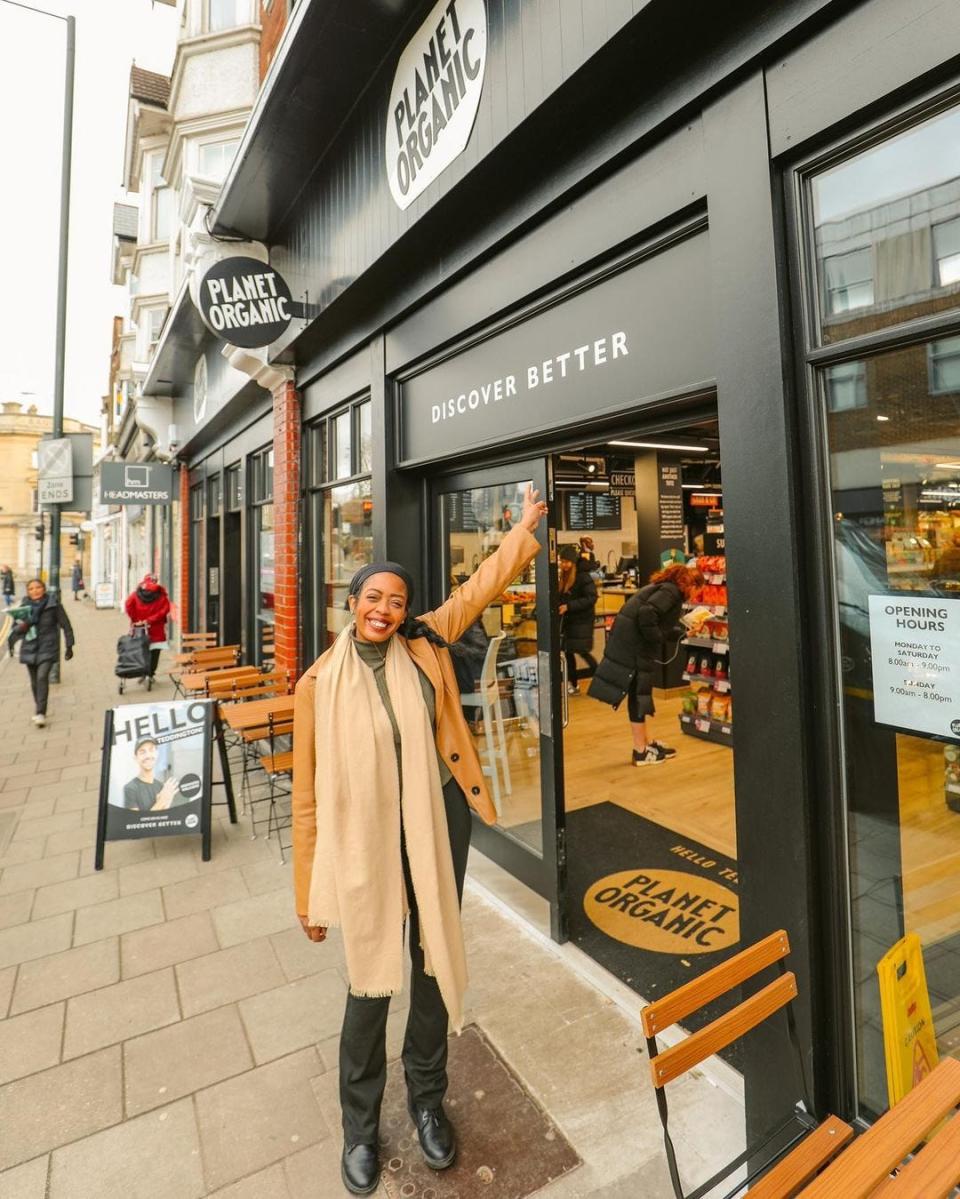
“There are some things that we can’t measure or can’t include, but it’s not that those things don’t matter, it’s just that we don’t have a way to quantify that,” Langston says. “I think we’re many, many years away from doing something like that.”
'Get out there': This mom is using a never-ending road trip to inspire Black family travel
Just Curious for more? We've got you covered
USA TODAY is exploring the questions you and others ask every day. From "Why do toddlers bite?" to "What does 'camp' mean?" to "How much do flight attendants make?", we're striving to find answers to the most common questions you ask every day. Head to our Just Curious section to see what else we can answer for you.
This article originally appeared on USA TODAY: What is the safest place in the world, country for Black Americans?

